Posts
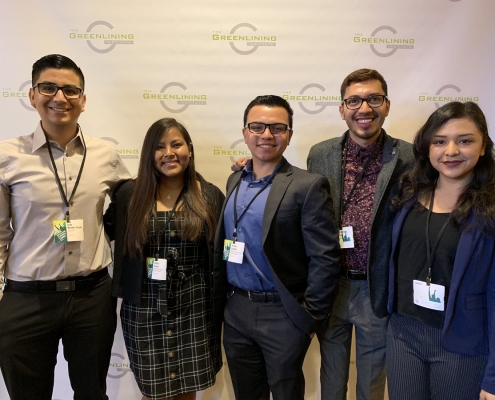
Health, Wealth, & Power: A Student’s Perspective
By Vianney Gomez and Celina Avalos As policy fellows with…
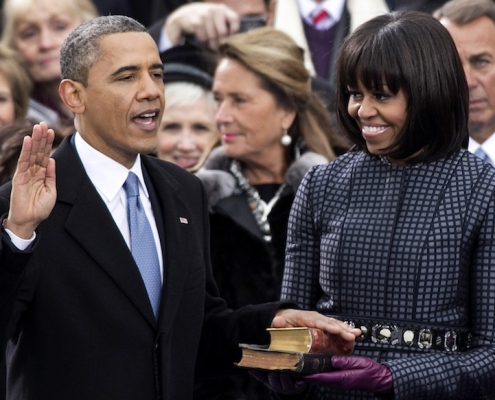
On Board with the Obamas: A Comprehensive Oral History of Their Lives
“Columbia has a rich oral history tradition and they’ve…
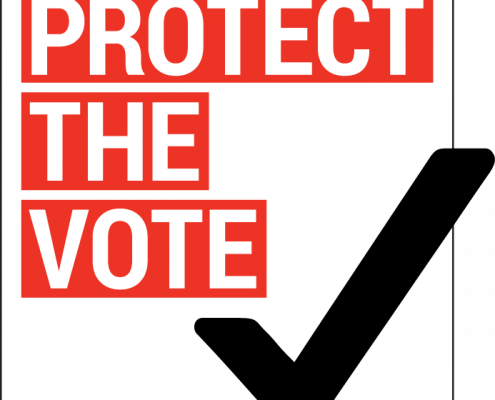
Co-Director of UCLA Voting Rights Center Secures Settlement on Texas Voting Rights Case
UCLA lecturer and co-director of the UCLA Voting Rights Center,…

Tip Work: Examining the Relational Dynamics of Tipping beyond the Service Counter
By Eli R. Wilson, Assistant Professor of Sociology, University…
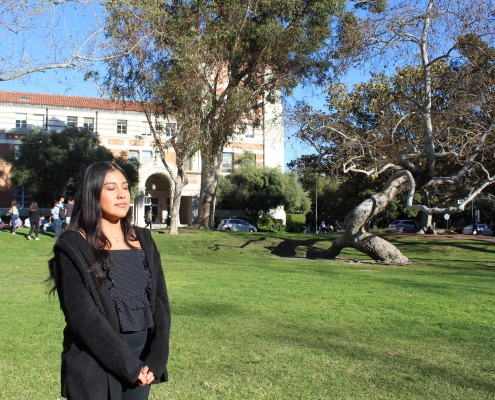
UCLA Spirituality, Mindfulness, Self-Care, & Social Justice Class: Q&A w/Prof. Victor Narro
By Institute for Research on Labor and Employment This…

UCLA Lecturer Works as Lead Attorney on Texas Voter Purge Case
These last two weeks, a court in San Antonio, Texas has taken…
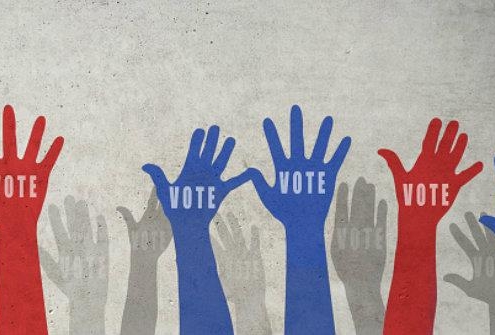
Testimony on Voting Rights Issues
The U.S. House Committee on Administration was authorized…
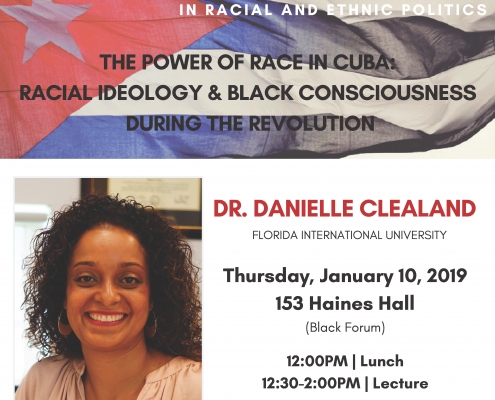
SAVE THE DATE! Mark Q. Sawyer Memorial Lecture in Racial and Ethnic Politics on Thursday, January 10, 2019, 12:00-2:00 PM
***SAVE THE DATE***
The Inaugural Mark Q. Sawyer Memorial Lecture…
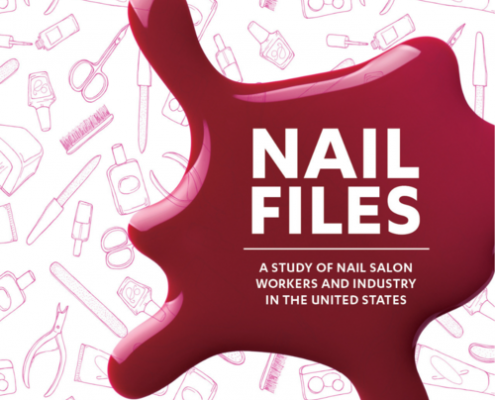
Nail Files: Low-Wage Work in the National Nail Salon Sector
By Preeti Sharma, Saba Waheed, and Vina Nguyen With the…
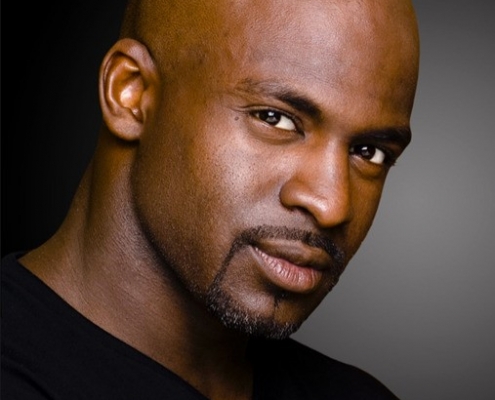
Launch of the “Women Beyond Bars: Reentry and Human Rights” Report — TOMORROW at UCLA
Congratulations to UCLA Associate Professor, Bryonn Bain, for…

